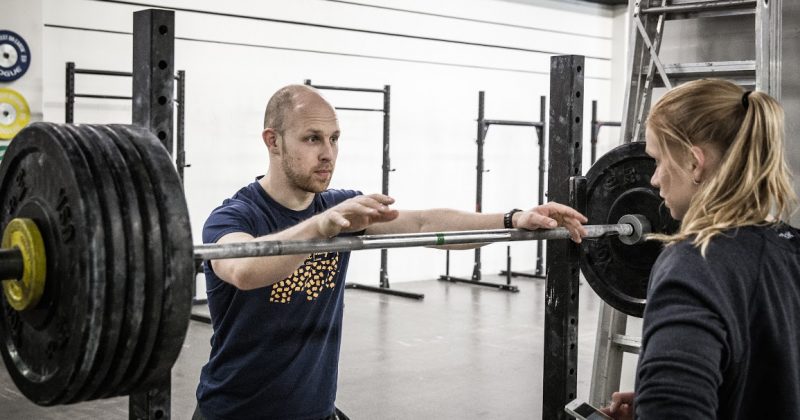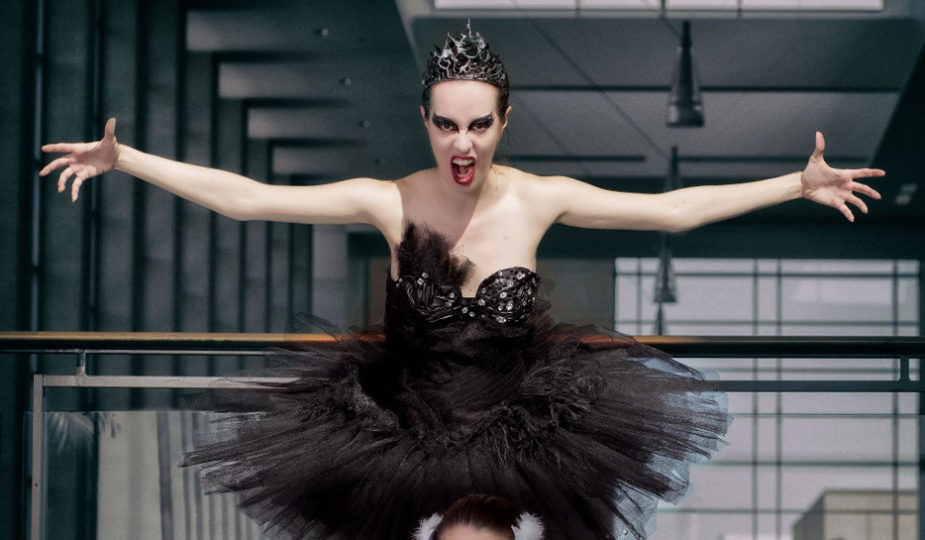One is often lured into thinking that starting point of making day to day decisions in coaching is the long term plan. But it probably ought to be something else than just whatever performance goals that you have for the coming year of training (or 4 years as in an Olympic cycle). Rather than having the metrics outcomes shape our purpose, should it not be the other way around? That our basic beliefs, concepts, and attitudes form and shape those day-to-day decisions?
Knowing our purpose and having a vision help us make our decisions on that daily basis and holds us responsible for taking actions that truly will translate into success on the larger scale. It serves to protect us from falling for trends and fads that might lead us astray from what we would like to be. It makes us less likely to just mindlessly repeat what others are doing or what we were given when we were athletes ourselves.
One could imagine this as a way of being able to create rules (training programs) but still be able to think outside of them and to break them when necessary. In order for such an intentional breaking of the “bounds of sense” to be a constructive and creative act, rather than as an act of disobedience, nonsense or madness, it should have the potential to be judged by others as a wise choice. And for this to happen it should conform with a viable system of concepts.
It is like when you say to your children that it is wrong to break windows. But in reality it is not always wrong: what if there’s a fire? In order to be able to set rules we need principles, otherwise we would always end up with endless “what if’s”, never being able to do anything because there is always more situations to think of where that rule would not work.
And even if we could go through all the “what if’s” they still only would apply to what we already know. The discovery of the first black swan illustrates our severe limitations when it comes to predict the future from history alone. One single observation invalidated a general statement derived from millennia of confirmatory sightings of millions of white swans. Outliers by definition lie outside the realm of what normally happens, so the past might not reveal to us the possibly of their existence at all.
Good coaches are better equipped to both learn from history without getting held hostage by it, to see clearly what’s in front of him or her and to take action because they have a coaching philosophy. And that concept makes the futile attempt at rigid pre-determined plans less important (…”everyone has a plan until they get punched in the mouth”) instead offering us the freedom to ”roll with the punches” on a daily basis.

”I would say that honestly I wouldn’t be half the coach I am if it wasn’t for the challenges presented to me by working with Annie. Whether it’s the experiences like coaching at the Games, designing training programs, refining movement or simply answering her questions about why we are doing what we are doing, there are countless lessons I’ve learned.”
Jami Tikkanen
Jami Tikkanen is one of the most highly regarded coaches in CrossFit. He should be, having coached Annie Thorisdottir to two titles and Björgvin Karl Guðmundsson onto the podium. He is also one of my favorite coaches in the CrossFit world since he has a philosophy that goes well with my own, not only putting himself in the position to change and shape his athletes but also realizing that for long term development the athlete also has to be able to change the coach to some extent.
For Jami it seems to be not only about the medals won, but also about the journey and the change that this journey will impose on the people taking part of it. He does not speak like he has all the answers, instead takes a pragmatic approach that might allow him to work with and help many different types of athletes.
Let’s compare this with quotes on coaching philosophy from legendary football coach Louis Van Gaal, who managed Ajax to win three league titles and the Champions league and Ben Bergeron who trains some of the world’s fittest athletes like CrossFit-superstar Katrin Tanja Davidsdottir who has won the Games twice.
“The problem of scouting for Ajax is the club’s unique mode of play, which means that you have to assess whether a player’s qualities will match a position within the system”
“What does he look like? This is my first priority. Based exclusively on appearance. Yes, even his hairstyle”
“Not everyone fits into the system. This has been proved often enough. To the regret of Ajax and also, of course, to the regret of the players involved”
Louis van Gaal
“Most importantly, a great coach can get inside their athletes’ heads. They know what motivates them, what pushes them, when they typically rest, their strengths and weaknesses. Do they respond better to whispering or yelling? When they are dragging their feet in through the door, do you need to give them a little push to get going, or do they really need to take a rest day?“
Ben Bergeron
Bergeron goes on to say that building athletes “starts with building better people” and that “behind every champion, regardless of sport or discipline – better people make better athletes”.
He seem to share with Van Gaal a knowledge of a “best way” or “best system” and one can imagine that with them it’s more of a one way street when it comes to be their athletes. Either you fit into this particular system and “bring home the bacon” or they are not the coach for you. Different principles guiding the process, apparently all able produce Champions.
What should be avoided at all cost is to have principles that you don’t let guide your coaching decisions. In his excellent book on coaching Brett Bartholomew makes the point of authenticity being the linchpin for all great coaches and gives the metaphor that morale on the battlefield comes from unity more than anything else, and that the rise and fall of that unity is always felt by the ranks. If words are spoken and actions are taken, one should mean them, and that this goes a long way towards maintaining a sense of unity with those around us. “Excellence is self-evident, and so is bullshit” Brett goes on to say.
If Brett is right (and I think he is) it might do you well to, every now and again, think about why you coach and what you want you legacy to be (Medals? Money? Fame? Relationships? A System with capitol S?).
And maybe, in order to try to keep authentic, instead of only measure the reduced qualities of the athletes (like the back squat or the vertical jump) also look in the other direction, past even the macro-level of the training plan, and try to measure our own adherence to our philosophy? Would not that also include the specifics of the athletic performance as parts of the whole?

The metric I use I have stolen from one of my favorite coaches, Anna Swisher, who I had the pleasure to work with during a couple of years when she worked for Eleiko Educations before moving on to the role of Coaching Education Manager for USA Weightlifting. The first time I attended a seminar she taught she told me about the “wedding test”. That she, as having a coaching philosophy being largely about relations with her athletes, found that the greatest win for her as a coach was if she got invited to her athletes weddings – if they regarded her as family of sorts. Not a casual buddy of course, as this would compromise the work to be done and the decisions that has to be made. If you cannot also deliver performance then you’re likely not “wedding material”. More like being relatable, as in having a good relationship.
I would like to extend this metric onto other anniversaries as well, like birthdays (because I do like parties) but apart from that shortcoming I found the thought-experiment very usable!
Coach tip #2: Measure what is more likely to keep you authentic, rather than the adherence to rules.
- “Wittgenstein’s Philosophy in Psychology”, https://books.google.se/books/about/Wittgenstein_s_Philosophy_in_Psychology.html?id=V_tKDwAAQBAJ
- “Everybody Has a Plan Until They Get Punched in the Mouth”, https://vocal.media/journal/everybody-has-a-plan-until-they-get-punched-in-the-mouth
- “The Black Swan: The Impact of the Highly Improbable”, https://www.nytimes.com/2007/04/22/books/chapters/0422-1st-tale.html
- “Why conscious coaching beats a systems-based approach to training & people”, https://brettbartholomew.net/conscious-coaching/
